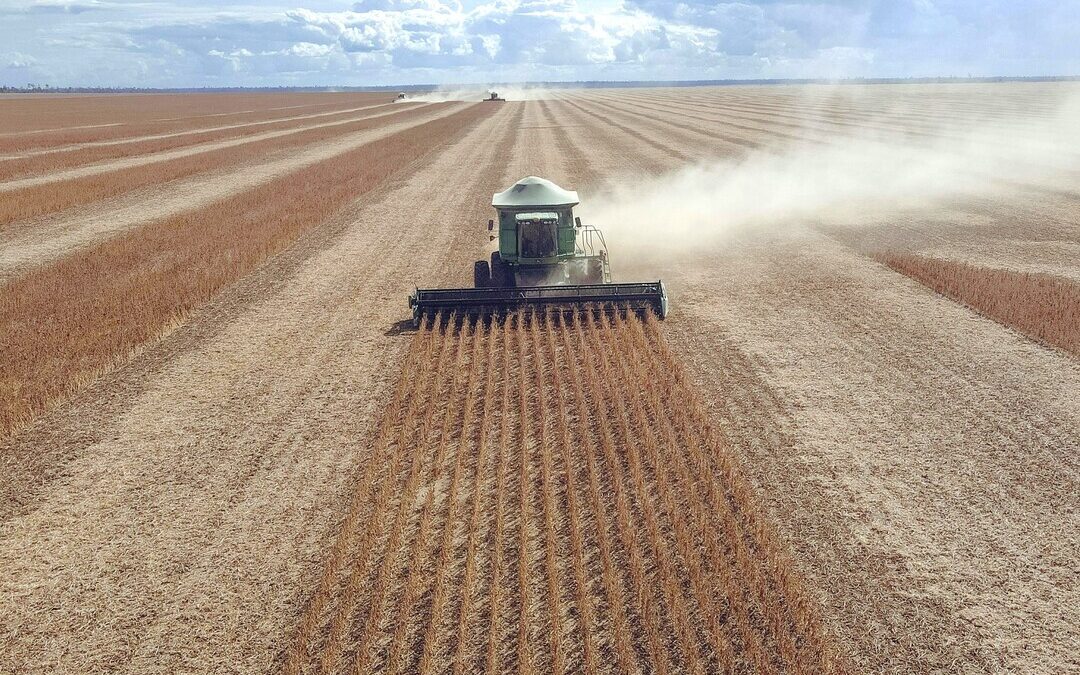EU, China Face Water Scarcity Risks From Brazil Beef and Soy Imports: Study
Brazil beef and soy exports to the European Union and China drive rising water scarcity risks, new Trase research shows.
The European Union and China are heavily exposed to water scarcity risks through their imports of beef and soy from Brazil, according to research published in Nature’s Communications Earth & Environment journal on Tuesday.
The study, led by supply chain transparency initiative Trase, shows that producing these commodities in Brazil consumes colossal volumes of water, raising concerns for global food security as climate pressures mount.
Brazil’s Water Footprint in Beef and Soy
Trase researchers mapped, for the first time, water-use data at the municipality level in Brazil and linked it to specific river basins.
The analysis found that soy production consumed about 1 cubic kilometre of irrigation water per year, while beef production used 10.4 cubic km annually between 2015 and 2017.
Combined, that equals nearly 40 percent of the capacity of Brazil’s Itaipú reservoir, one of the country’s largest.
EU and China Most Exposed
The research calculated that 18 percent of the water used for China’s soy and beef imports from Brazil, and 54 percent of the water used for the EU’s imports, originated in basins facing high or critical water scarcity.
“This means a significant share of trade in these commodities is exposed to physical risks due to reduced water availability,” said Michael Lathuillière, senior research fellow at Stockholm Environment Institute and Trase in a statement.
Beyond Deforestation and Emissions
Trase said the findings expand the understanding of environmental risks tied to commodity trade, which has previously focused on deforestation and greenhouse gas emissions.
“By linking this new data on water use to Trase’s soy and beef supply chain maps, we can provide new insight into the sustainability of the trade in these commodities beyond deforestation and greenhouse gas emissions,” Lathuillière said.
Call for Greater Transparency
The results will be presented at World Water Week in Stockholm on Aug. 26.
“This marks a breakthrough in mapping the links between water scarcity and trade dependencies,” said Toby Gardner, co-director of Trase at SEI. “Water is the world’s most precious resource, and this transparency is vital to driving much-needed action by companies and governments.”
Trase is a science-based initiative led by Stockholm Environment Institute and Global Canopy. It connects agricultural production regions to international markets using trade and logistics data to improve supply chain transparency.
Nirmal Menon
Related posts
Subscribe
Error: Contact form not found.


